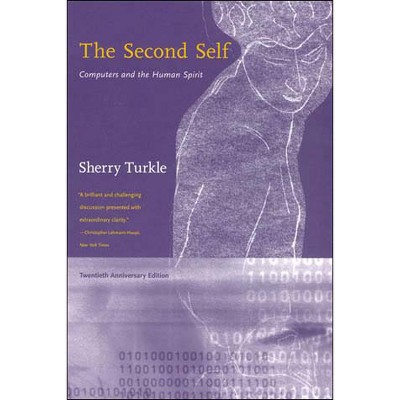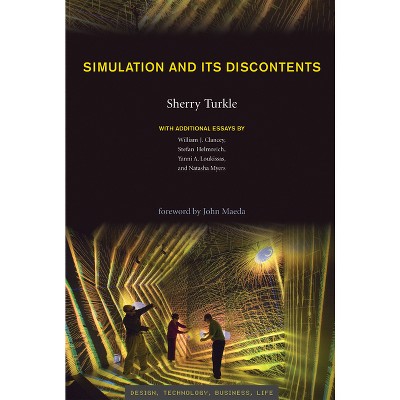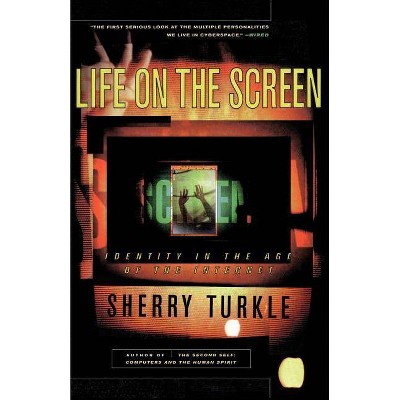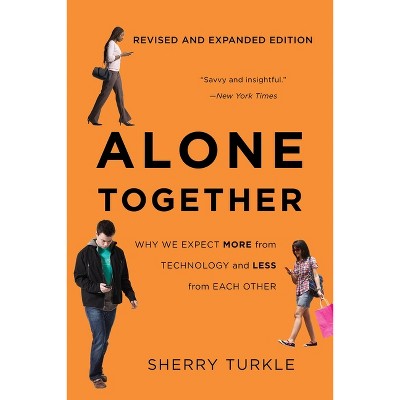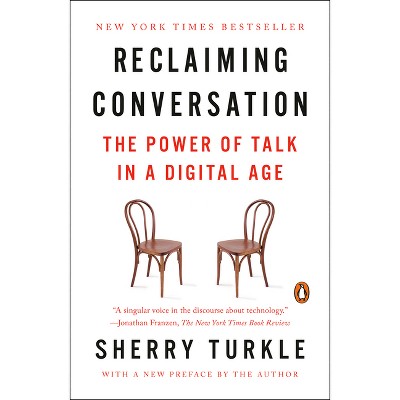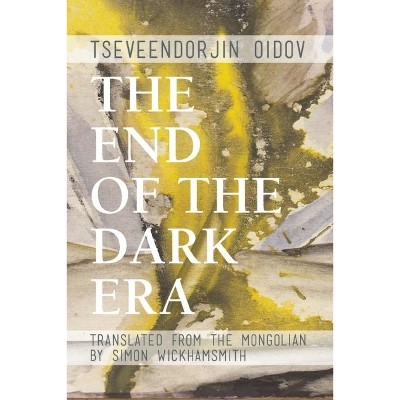
Evocative Objects - by Sherry Turkle (Paperback)
$30.49
In Stock
Eligible for registries and wish lists
About this item
Additional product information and recommendations
Frequently bought together

$10.38 - $23.82
MSRP $18.00 - $38.00
4.6 out of 5 stars with 196 ratings
Trending Literary Fiction


$9.85 - $27.81
MSRP $15.99 - $32.99
4.8 out of 5 stars with 168 ratings
